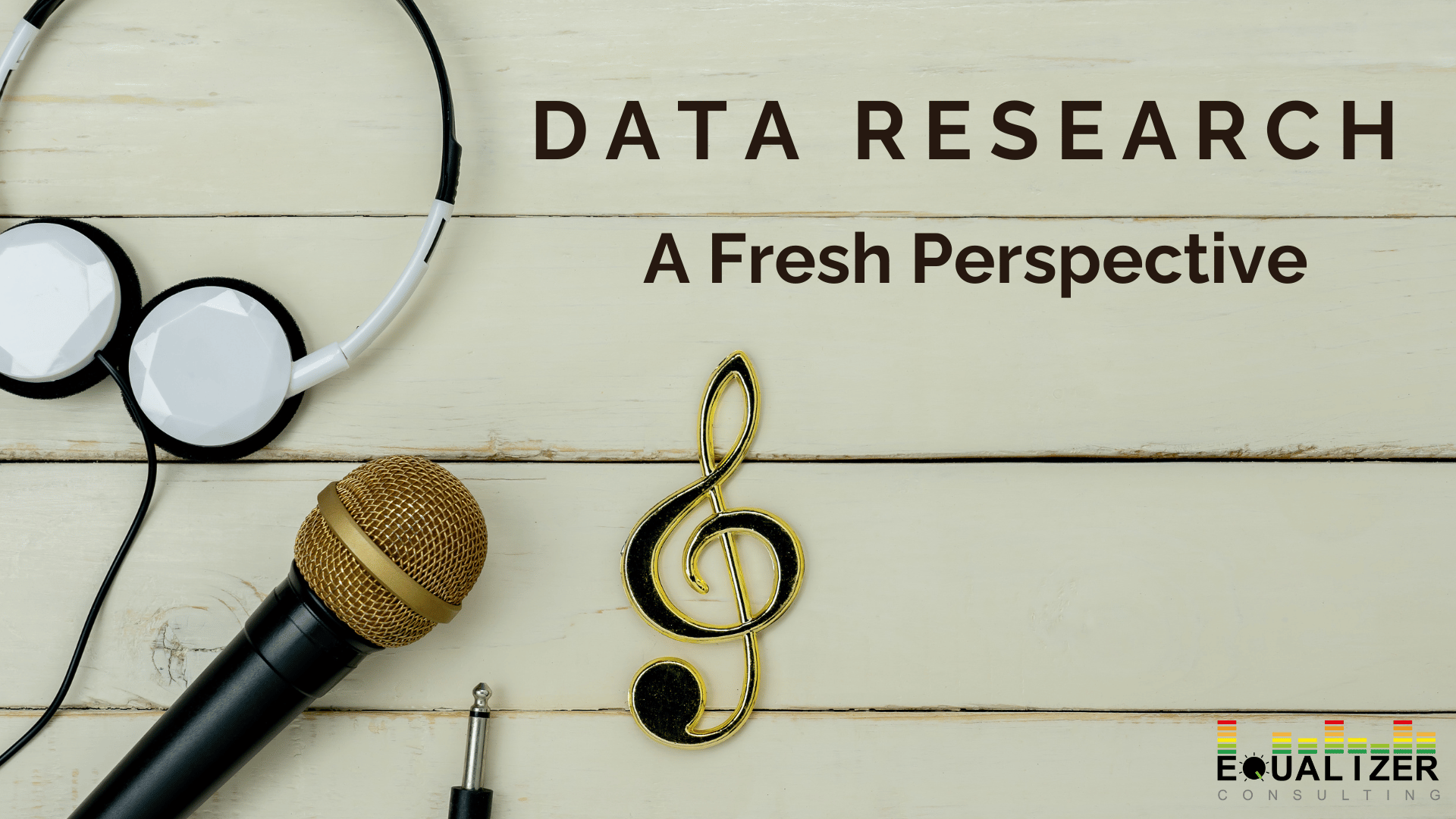Data Research: A Fresh Perspective
Griffin O’Neill recently joined the Equalizer team as a summer intern, and was immediately tasked with digging into data and rights research for some indie artists. This is the same type of publishing ownership research that I had to do early in my career and, although there are more public databases to search than there were back then, many of the same problems with identifying ownership still persist decades later.
Understanding that I’ve been doing this for so long that I may be biased, I asked Griffin to write down some of his initial perspectives on how easy it has been to research publishing ownership and registration, disambiguate artists and/or writers, and generally follow the breadcrumbs to find info on a track. Those breadcrumbs facilitate royalties and opportunity for a music catalog.
One thing is for sure - Griffin will certainly take a lot of this on his own journey as an aspiring artist!
Thoughts from Griffin…
My first few weeks of music data research have been more eye-opening than I ever could have imagined. The process of registering with the proper CMOs seems like an obvious first step for those of us working on the publishing side of the industry, but for artists and writers, it is just one, likely mundane, step in the long and arduous process of producing and releasing music. It is evident that many do not understand how massive a hurdle maintaining data and royalty management can be. This disconnect has allowed for hundreds, thousands, even tens of thousands of dollars in revenue to escape artists’ and writers' bank accounts. This should not be so surprising, as staying informed on proper royalty collection and organized metadata is a hefty, not-so-glamorous task with no textbook to walk you through it.
Conducting research on PROs, although time-consuming, is, to my surprise as a newcomer to data research, not particularly difficult. The same applies to The MLC, as it makes it relatively simple to find the track you are looking for if you can extract enough information from their song credits. The biggest roadblock stems from a lack of standardization across platforms: misspelled names in credits, multiple IPIs [aliases] for a single writer, discrepancies in track titles, and numerous other avoidable issues. As publishers, we are provided with the necessary materials to enter clean, streamlined data each time an artist's work is distributed. So why are we still seeing thousands of artists with messy metadata?
I’ve picked up on two categories that most writers with messy data tend to fall into.
1. They are self-releasing and don’t prioritize/educate themselves on this part of the release process,
or
2. care wasn’t taken with existing IPIs, ISNIs, or registrations, leading to duplicates that make their data a nightmare.
This is not meant as a dig on the artists - rather a red flag to be noticed by publishers and label execs.
Educating artists on the importance of consistent metadata and proper royalty allocation needs to be discussed more in the industry, and I am so happy to be playing a part in Equalizer’s efforts. As a music industry student, I was informed about the complexity of royalty collection, and I’m now understanding the magnitude of this issue. The messy and incomplete data visible on CMOs cannot be so easily fixed, which is both frustrating and motivating. It is a shame to see how many people are missing out on valuable income streams.
Labels need to do a better job of managing their artists' data and registrations, and independent artists need to be made aware of the resources available to them (@Equalizer, wink wink) to make this a non-issue. Although I’m likely restating things the kind of person reading this would already know, I hope I’m making it clear that the issues plaguing music publishing for decades are still with us and only getting further exacerbated with the ever-growing saturation of new music.



